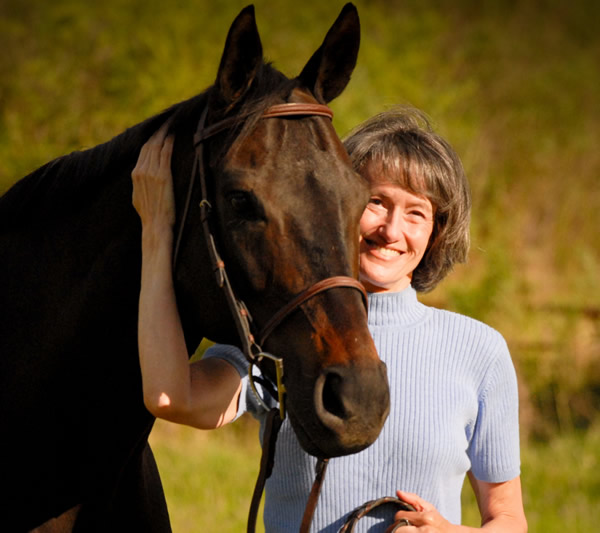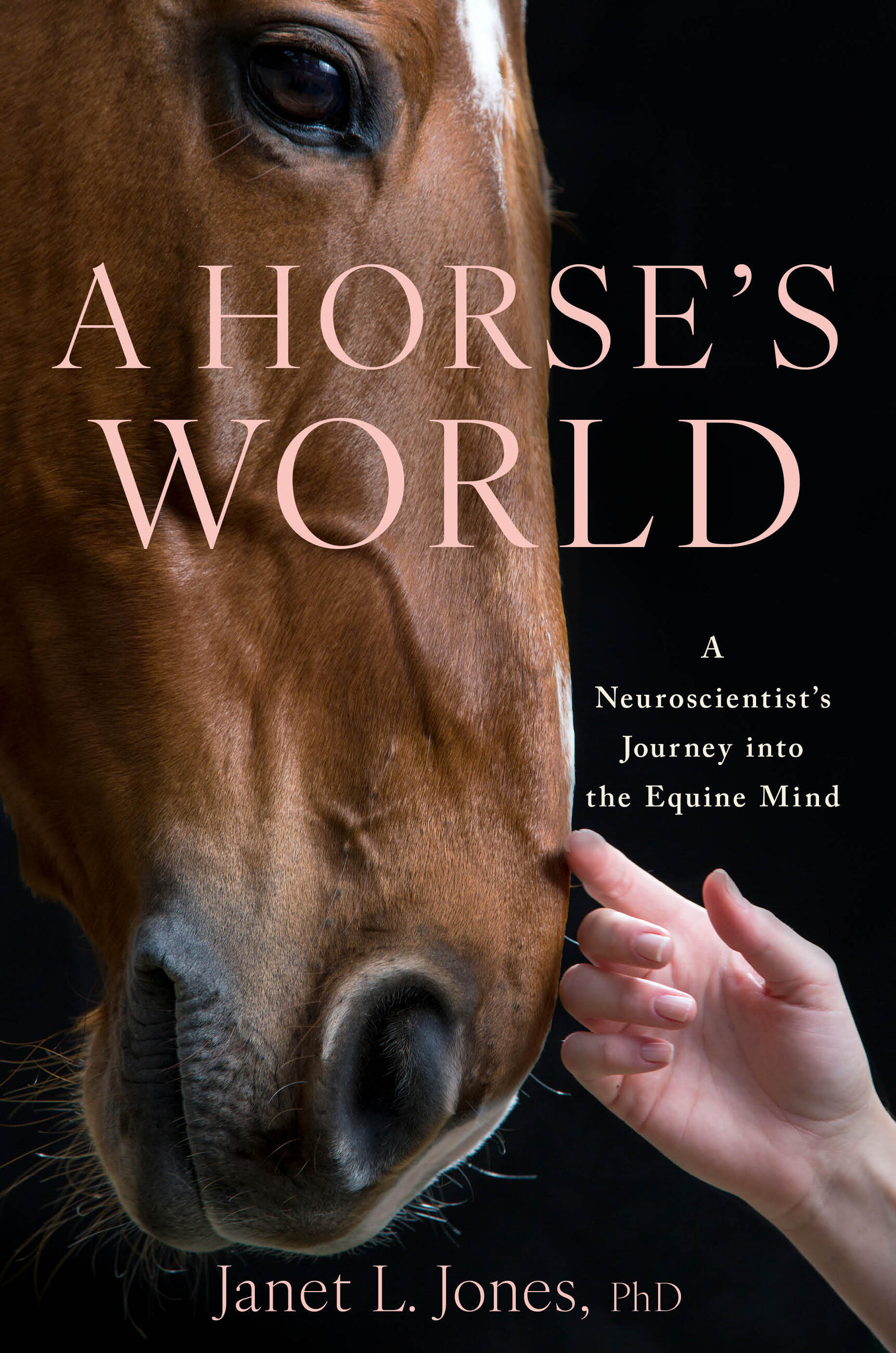TRUE TRAINING 88 - The Deeper Lessons
In Horse Brain, Human Brain, and in all my columns and posts, I allude to layers of lessons for horses. Too often, we think of only the surface aspect of what we teach. For example, we might teach a horse not to shy from arena wildlife (Post 87) or to relax despite ghost noises in an indoor arena (Post 86). Likewise, we might teach maneuvers like canter departs and flying changes or consistent pace, jumping, barrel racing, carriage driving, and so on.
But all of these lessons occur on the surface. Each time we teach a horse something, brain-based horsemanship drives us to look more deeply. What’s happening in the horse’s brain? If she is frightened or excited or bored, why? If she doesn’t do what we want, why not? If she doesn’t understand the task, how can we alter it so she will? The ultimate goal of horse training, in my mind, is not to teach the horse to perform specific moves. It’s to develop trust between horse and handler, and to teach horses how to learn from humans.
Suppose I am teaching True to trot calmly around an arena regardless of what is happening in or near it. To do that, I remain as calm and relaxed as possible in my own body. I supply non-edible rewards when he drops his head and extends his neck because this is the natural body language that accompanies equine relaxation. I use light soft hands and as little confinement as possible, to allay his fear. I post with as consistent a rhythm as I can muster, to set him up for success. I am teaching him to remain calm and to listen to me.
But underneath all of that, I am also teaching True to trust me. I’m saying, “You can relax because I am here with you. I am your guide, I will help you, I will manage the human problems for you.” I’m saying, “If you do what I’m asking, you will receive a pleasant reward. You will learn over time that this is how I teach, that you can rely on the fact that something pleasant will happen if you do as I ask.”
That attitude motivates True to attend to my requests and try to offer the desired performance. With time and experience, horses do develop this kind of trust in their humans. It’s based on their excellent memories for what has happened in the past.
Let’s look at the other side of the coin for a minute. If my attention is solely focused on the surface maneuver, then I will place great demands on the horse. I’ll say, in effect, “you will relax because I am demanding it. I’m not listening to your opinion on the matter, I’m simply dictating that you do as I say.” If the horse has trouble meeting my expectation, and I continue to insist he perform, I’m saying “I’m not going to regress to a simpler version of this task, you’re just going to have to figure it out and accomplish it.” Or worse: “Stop pretending you don’t know how to do this.”
Brain-based horsemanship never advocates that sort of unilateral, egocentric attitude. The whole point of understanding how a horse’s brain works is to be able to work with it. To communicate with it moment by moment, listening to the horse’s concerns in equal measure to directing her action.
And just listening to her concerns alone is not enough. To gain a horse’s trust, we have to listen but also heed what she is saying. If her body language says “I’m scared,” we can’t simply ignore that and force her forward anyway. We need to back off a little, perhaps let her slow down temporarily, look and listen to something new, perform a version of the ultimate surface maneuver that is easier.
True knows that I’m not a pushover. He knows that when I ask him to pick up a canter from a walk, he must do it quickly, cleanly, obediently, and gracefully. He has been taught little by little over the past four years that this is the expectation. And he meets it 99% of the time. On the rare occasion he doesn’t, I treat it as a mistake and give him a second chance by trying again.
But if I ask True for something new and he tells me he is confused or afraid, he also knows I will heed those messages. We will then approach the task differently or more slowly. The horse isn’t “getting away with” anything; he’s simply being taught in a manner that works best with his temperament, background, and experience.
It’s the horse’s trust in me that is my ultimate objective. That’s the deeper lesson, the most important one. That’s the lesson that lasts, that encourages a horse to perform well long into the future regardless of the task he’s asked to complete.

